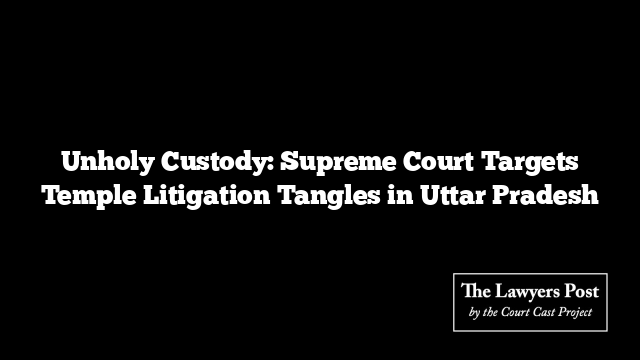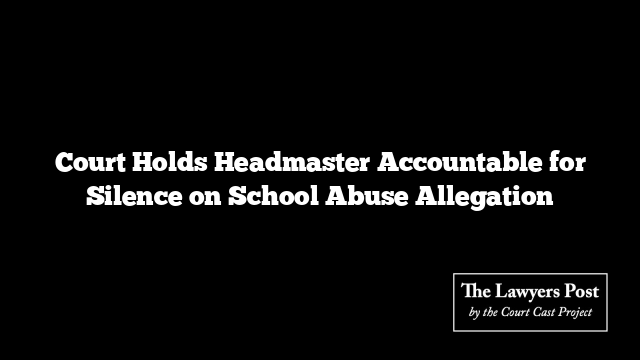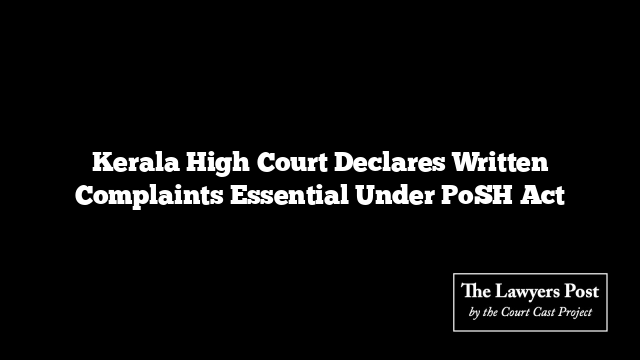The Supreme Court has raised an alarm over the protracted and profit-driven legal entanglements surrounding temple administration in Uttar Pradesh, particularly in Mathura. Expressing its discontent, the Court criticized the long-standing practice of appointing advocates as court receivers for temple management, suggesting that such appointments often result in vested interests prolonging disputes for personal gain.
A bench comprising Justices Bela Trivedi and Satish Chandra Sharma highlighted the disturbing trend where the judiciary, symbolized as the “temple of justice,” is misused to sustain self-serving agendas under the guise of prolonged litigations. “Issues of temple administration have turned into lucrative opportunities for some advocates, particularly in Mathura. The courts cannot be exploited as instruments for personal benefit,” the bench observed.
Court Demands Transparency in Temple Management Cases
The Court has ordered the Principal District Judge of Mathura to provide a detailed report on the status of ongoing temple-related litigations and the individuals appointed as receivers. Specifically, the Court requested:
- A list of temples embroiled in legal disputes.
- The duration and current status of these cases.
- Details of receivers, particularly advocates serving as court commissioners.
- Information on any remuneration provided to these receivers.
This investigation aims to assess the extent of the issue and curtail the misuse of legal mechanisms in temple administration disputes. The matter is scheduled for further hearing on December 19.
Questioning the Role of Advocates in Temple Oversight
The case arose from an appeal challenging an Allahabad High Court order that criticized the widespread appointment of advocates and district officials as receivers for temple management. The High Court had recommended prioritizing individuals with religious affiliations and experience in temple management over external appointees.
“Faith in religious institutions is eroded when temples are controlled by individuals disconnected from spiritual or community roots,” the High Court noted, emphasizing the need to safeguard temples from becoming arenas for external influence.
“Status Symbol” Culture in Receivership
The courts lamented that receivership has morphed into a “status symbol” in Mathura. Highlighting the unique demands of managing sacred spaces like Vrindavan and Govardhan, the Court questioned the practicality of practising lawyers undertaking such roles, given their lack of expertise and time.
This intervention marks a significant step towards untangling temple affairs from the grip of prolonged legal battles and restoring the sanctity of religious institutions in the state.





